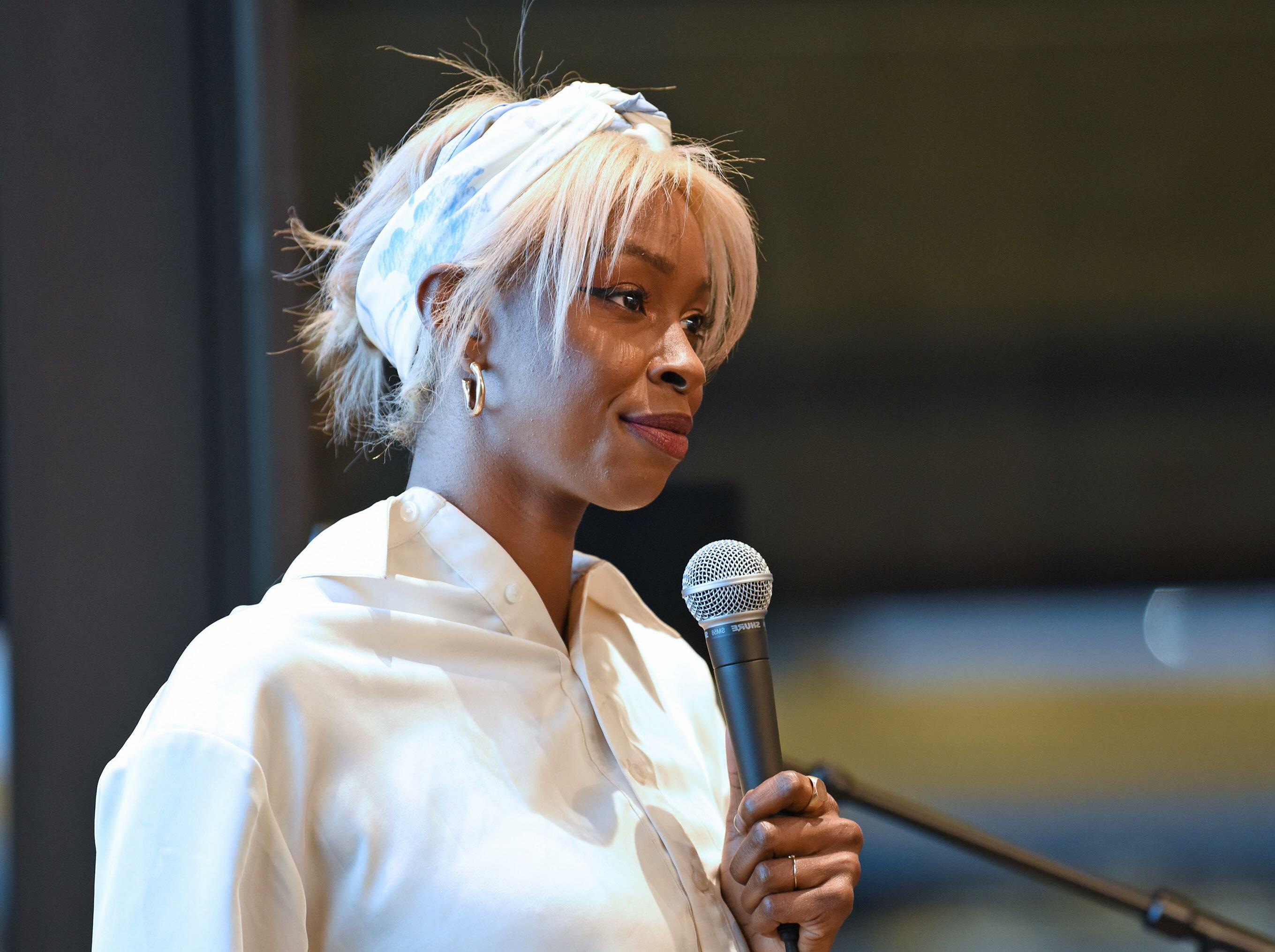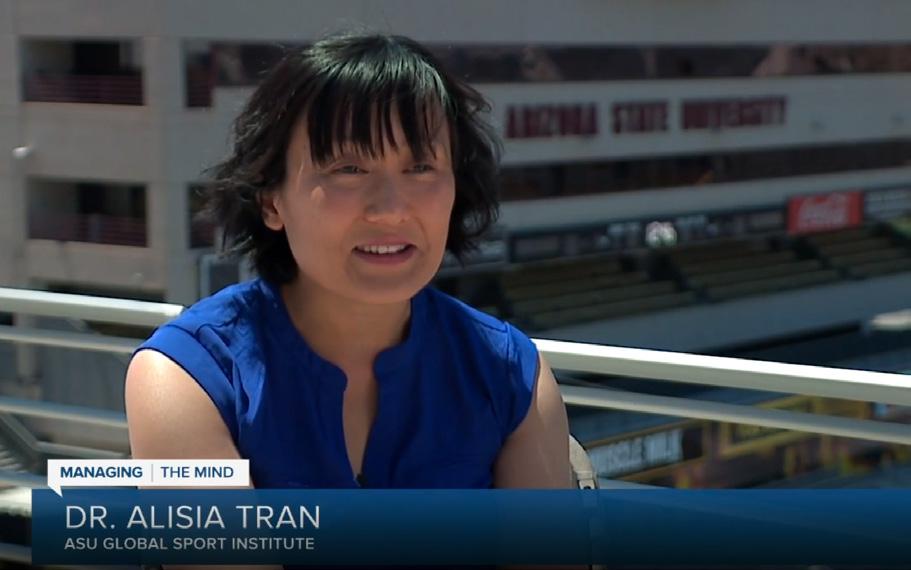
3 minute read
The Whole Athlete
THE WHOLE
Photo courtesy Tim Trumble for Global Sport Institute
Advertisement
Though the stories of 2021 and 2022 were largely about the sports world coming out of a slumber and once again connecting, competing and cheering together, it was clear right away that a facade of normalcy on events and broadcasts would not be enough to dissolve the significant mental health problems that developed during the shutdowns and isolation of 2020. At the Tokyo Olympics, athletes such as Simone Biles and Naomi Osaka turned the world’s attention to athlete mental health, and the heavily publicized challenges of Ben Simmons in the National Basketball Association, Raheem Sterling in the English Premier League, and Harry Miller in The Ohio State University football program carried the message onward.
By the spring, a time when college campuses are typically bustling with soccer, basketball and softball matches as the weather turns breezy, it was impossible to look past mental health. More than a half-dozen college athletes from all corners of the United States died by suicide. What began as a concern had now grown into a crisis across sport and broader society.
“This should be a giant wake-up call for the NCAA and its schools,” wrote GSI graduate service assistant Rebecca Falkner in a piece at Global Sport Matters. “This must stop, and athletes must not be afraid to ask for help.”
As the NCAA and other sports organizations responded to the crisis, the Global Sport Institute commissioned research from Global Sport Scholar Giac-Thao (Alisia) Tran, who conducted a literature review of existing athlete mental health research and found a shockingly small degree of work examining the lived experiences of athletes.
“I think we’re reinforcing this really narrow, performance-focused view of athletes that really doesn’t speak true to the power of sport and the power of athletes to affect others through sport,” Tran said.
A dire situation combined with a lack of information created a meaningful opportunity for the Global Sport Institute and its partners. GSI published a full digital issue on the topic at Global Sport Matters, with first-person work from current and former athletes as well as academics and veteran sports journalists. Articles from this issue were republished by highprofile news outlets including Slate and The Guardian.
At the same time, Tran’s GSI-funded research helped fill a vacuum and will be submitted to academic journals throughout 2022.
In April, mental health took center stage as GSI collaborated with Sun Devil Athletics for the second annual SDA Venture Challenge. The Timeout App, founded by former ASU volleyball player Maya McClendon, is an all-in-one well-being platform that provides athletes with access to therapy and other resources.
“We as athletes have actually been in this crisis for a while. A lot of the factors, the research, it’s not new,” said McClendon. “And because of social media, we’re seeing the horrible and tragic headlines more frequently. ”
Every major sports league in the world now has a mental health policy. Universities are reckoning with death and grief on-campus and imagining new solutions to this crisis. GSI continues to be a source of information and collaboration for the sports world as it doubles down its commitment to helping athletes’ minds as much as it helps their bodies.
— Maya McClendon, founder of The Timeout App

Photo courtesy of ABC15 Arizona







